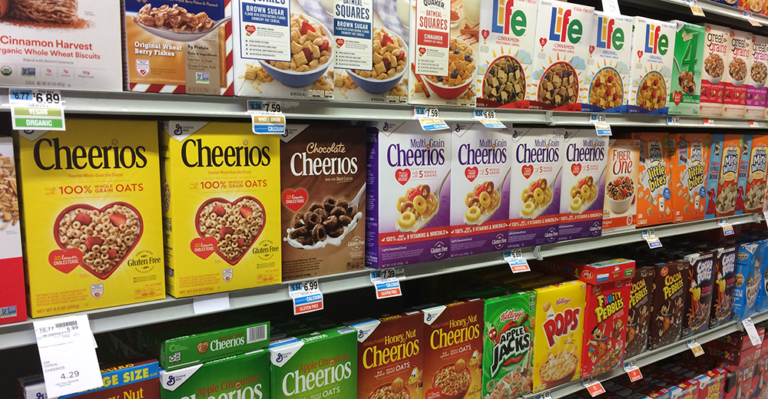Jodenkoeken, a dessert staple in the Netherlands since the 19th century, translates as “Jew cookies.”
It’s not clear how the flat round shortbread cookies came to be called “Jew cookies” but there are several theories, including that a baker with the name “de Joode” first baked the cookies, that the original recipe originated from a Jewish baker in Amsterdam, and that the flat crunchy cookies are reminiscent of matzah.
There is also one theory with anti-Semitic overtones – that since jodenkoeken are big but very flat they are very cheap to produce and a lot of cheap products were associated with Jews. However, Dutch Jews don’t believe the name is discriminatory and although the manufacturer considered changing the name in the 1970s, he ultimately decided against it due to the lack of controversy around it.
According to a JTA report, many Dutch Jews even buy jodenkoeken to give to relatives abroad as a joke.
“I know it sounds strange to Americans, but there’s never been an issue around jodenkoeken,” said Ronny Naftaniel, who led Dutch Jewry’s watchdog group on antisemitism for 37 years before becoming vice chair of the Central Jewish Board of the Netherlands a decade ago.
However, the times are changin’, as they say. On Friday, Patisserie Pater, the company behind the most well-known jodenkoeken brands, announced it was changing the cookie’s name in order to “help create a more inclusive society.”
The company stated that the Davelaar-brand jodenkoeken will now be called “odekoeken” — Dutch for “ode cookies.”
“Davelaar can of course name their products as they please, but jodenkoeken really is not something I’m offended by, and I don’t know of anyone who is,” Ronit Palache, a 36-year-old Dutch-Jewish journalist and author, said.
Palache said she sensed “woke overzealousness” in Patisserie Pater’s announcement. “When you start making corrections no one needs or asks for, you’re just creating resistance and friction over nothing.”
“What a shame, we always enjoyed it,” Birgitta van Blitterswijk, a Dutch-Jewish art historian, wrote on Facebook. “The people who decided this should have spoken to the Jewish community instead of deciding for them.”
(YWN Israel Desk – Jerusalem)







5 Responses
It was always referred to as Joodekoeken and not Jodenkoeken. The difference is that Joode is Middle Dutch. Nobody ever thought of it as antisemitic. Now you have what we call in Israel a creambo, in Holland we also have them. But they had a very discriminatory name. They were called N-word Kisses. That rightly was changed about five years ago. Then some talk was there about Joodekoeken and whether to change it’s name as well. But really not a significant amount of Jewish people had been upset about. To the best of my knowledge I never heard anybody talking about that name.
The Jews actually LIKED it … then the name change is anti-Semitic!
“Davelaar can of course name their products as they please, but jodenkoeken really is not something I’m offended by, and I don’t know of anyone who is”
Same is true for Uncle Ben’s rice, or Eskimo Pies. NO ONE is offended by such titles. Just the torrid, self-appointed-babysitter Left, who unilaterally take up the ‘fight’ on behalf of everyone and no-one.
As a reaction, the Dutch Matza factory, Hollandia, has relabelled their Matzos and now calls them Jodenkoeken!
Here in NYC a lot of non-Jews buy “Jewish cookies”, by which they mean the style of cookies found mostly in Jewish bakeries. The kind made with margarine because they have to be pareve or nobody will buy them.